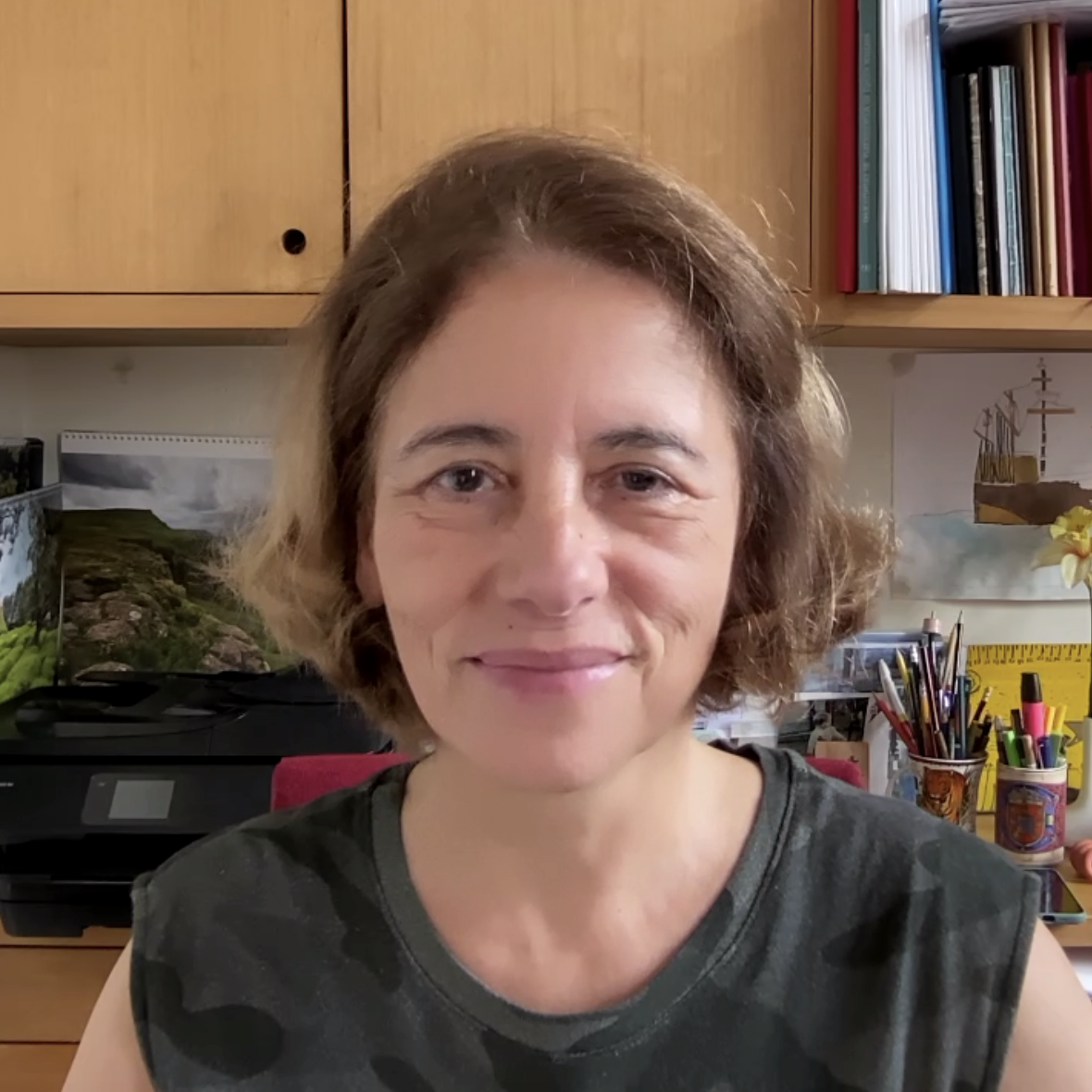Guillaume Thierry
Professor of Cognitive Neuroscience
Bangor University, United Kingdom
How do you get a confession from the unconscious?
Telepathy? Electroencephalography? How about both?
In this talk, Guillaume Thierry will use examples in the domains of language processing in bilinguals, linguistic relativity and decision-making to showcase how event-related potentials and event-related synchronisation, both derived from EEG can unveil highly sophisticated operations undertaken by the human brain, unbeknownst to the bearer of that brain. Finally, if time allows and if there is interest, we will discuss the unthinkable: mind-to-mind communication.








